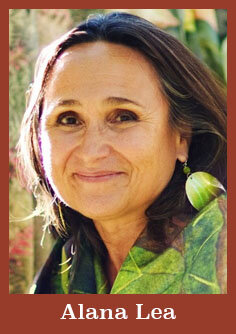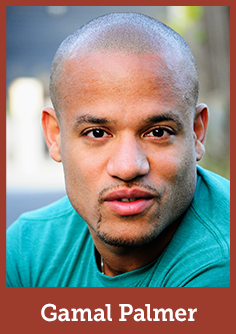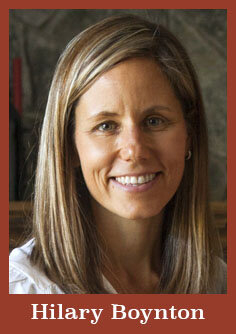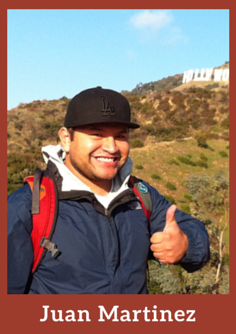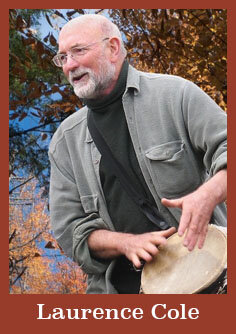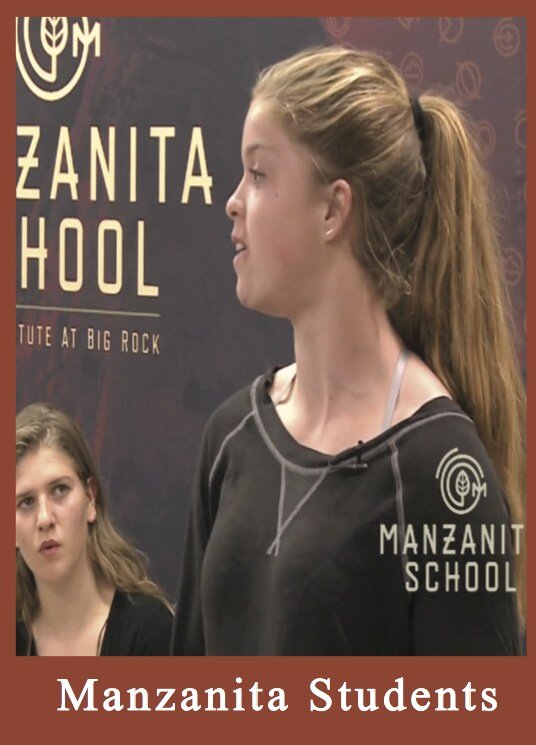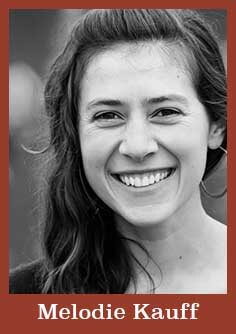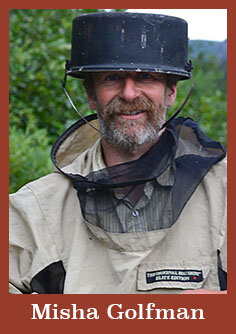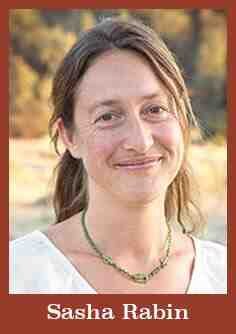avriel epps-darling
ethical implications of ai technologies
november 14th, 2023
In this recorded discussion, Avriel discusses Algorithmic harms and biases and how they can affect K-12 aged children. Artificial intelligence (AI) algorithms have become more common in our daily lives, and children are often exposed to them through educational tools, social media, and other platforms. However, these algorithms can perpetuate biases and harmful stereotypes, which can negatively impact children's development and self-esteem.
She explains how these algorithms work and provides examples of how they might harm children. Additionally, Avriel provides practical steps that parents and guardians can take to set up guardrails for their children and protect them from potential harm. The goal was to empower parents and guardians with the knowledge and tools they needed to navigate the rapidly evolving digital landscape and help their children thrive.
About Avriel
A Los Angeles native, Avriel Epps-Darling graduated Summa Cum Laude with a B.A. in Communication Studies and a minor in Education Studies from UCLA after graduating from high school at 15 years old. While on full academic scholarship, she was selected to be both a Ronald E. McNair Research Scholar and Wasserman Scholar. At UCLA, she led a digital-communication-focused research lab, and continued on to work as a quantitative and qualitative researcher in the Graduate School of Education’s The CHOICES Project. Her research garnered numerous awards and honors, including an invitation from the U.S. Department of Education to present my work for Congress in Washington D.C. and selection as a Predoctoral Ford Foundation Fellow.
Focusing her pre-academic career around the intersection of brand experiences & storytelling, digital media, and technology, her work has been featured in The New York Times, The Guardian, Vogue Magazine, Huffington Post, and Vice Magazine, among others. Although her professional experiences have spanned across multiple industries, one thing has remained true: she finds fulfillment in leading diverse teams through envisioning and executing long-term, conceptual projects.
Today, as a PhD candidate at Harvard's Graduate School of Education, she seeks to make a meaningful impact through researching how online, machine learning-driven ecologies influence youth of color as they construct and affirm racialized and gendered identities.




